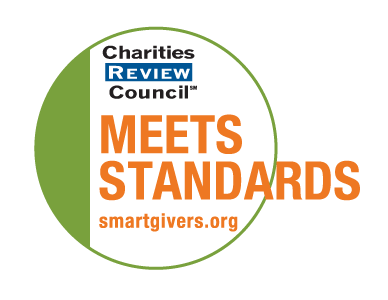Many people don’t know that in addition to regular STI testing and Birth Control, they can also access preventative care at the Annex!
We provide the following types of preventative care:
- Blood Pressure Checks
- Breast and Chest Exams
- Colposcopy
- Mental Health Screenings and Referrals
- PrEP
- Yearly Exams and PAP Smears
Services like screenings, check-ups, and referrals are key to keeping people of all ages healthy. But for a variety of reasons, many people don’t get the preventative care they need.
Barriers include cost, not having a primary care provider, living too far from providers, and lack of awareness about recommended preventive services, but we are here to remove those barriers and provide important preventative care to help you take care of yourself.
We here at the Annex are here to help you get the care you deserve. Schedule an appointment by calling 763.533.1316 today!

Blood Pressure Checks
What is a blood pressure check?
A blood pressure test measures the pressure in the arteries as the heart pumps. A blood pressure test may be done as a part of a routine health checkup or as a screening for high blood pressure (hypertension).
When should I get a blood pressure check?
A blood pressure test is a routine part of most health care checkups. We can provide blood pressure checks as part of your regular appointment. How often you should get your blood pressure checked depends on your age and overall health.
People with optimal blood pressure and no heart disease risk factors should have a blood pressure test at least once every 2 to 5 years. People with an increased risk of high blood pressure should have a blood pressure test every year. Risk factors for high blood pressure include a history of high blood pressure, experiencing regular headaches, and other factors.

Breast and Chest Exams
What is a breast/chest exam?
Clinical breast exams can detect a lump or other abnormality in your breast or chest and other changes that might require more testing. Breast exams are one of the most important early breast cancer screenings.
When should I get a Breast/Chest Exam?
To keep your breast/chest healthy, get a breast/chest exam every 1 to 3 years from ages 25 to 39, usually with your annual check-up or pap smear.
What if I find a lump in my breast/chest?
If you find a lump or another change in your breast/chest, schedule an appointment to get it looked at as soon as you can. There are lots of things, like cysts or infections, that can cause lumps or other changes, so it’s important to have your healthcare provider take a look.

Colposcopy
What is a Colposcopy (Colpo)?
Colposcopy is a way of looking at the cervix, vagina, and vulva through a special magnifying device called a colposcope. This exam allows a healthcare provider to find problems that cannot be seen by the eye alone.
When should I get a Colpo?
Colposcopy is done when the results of your pap smear show abnormal changes in your cervix. It can also be used to further assess other problems, including:
- itching, burning, or abnormal skin on the vulva
- genital warts
- cervicitis (an inflamed cervix)
- benign (not cancerous) growths, such as polyps
- pain
- bleeding

Mental Health Screenings and Referrals
What is a mental health screening?
A mental health screening is a set of questions asked to determine how a person is feeling. We use a Patient Health Questionnaire (PHQ) to determine any need for mental health support. You can view this questionnaire before your appointment here.
When should I get a referral?
A Mental Health Screening is done as part of all annual check ups and for all new patients to the Annex. We ask a short two question survey about how you have been feeling over the last two weeks. Depending on your answers, staff might ask you follow up questions and provide referrals to trusted community organizations if mental health support seems helpful.

Pre Exposure Prophylaxis (PrEP)
What is PrEP?
PrEP is a daily pill called Truvada that can be taken to prevent HIV infection. When taken as prescribed, PrEP can reduce someone’s risk of HIV infection by 92%. PrEP does not protect against pregnancy or other sexually transmitted infections.
Who should take PrEP?
PrEP could be right for someone who is HIV- and:
- Has a HIV+ partner
- Doesn’t always use condoms during anal and/or vaginal sex
- Exchanges sex for money, shelter, or other goods
- Shares needles
- Has recently participated in a drug treatment program
- Lives in an area or network with a high rate of HIV infection
If you’re interested in learning more about PrEP, contact the clinic today!

Yearly Exams and PAP Smears
What is included in a Yearly Exam?
A Yearly Exam allows us to check in with you to determine any changes in your health. An appointment for a yearly exam usually includes a breast/chest exam, a PAP Smear, Blood Pressure Check, Mental Health Screening, and a full sexual health history check. You can also get STI tests or prescriptions for a new birth control during this appointment if you so choose.
When should I get a PAP Smear?
A PAP Smear involves collecting cells from your cervix — the lower, narrow end of your uterus that’s at the top of your vagina. Detecting cervical cancer early with a Pap smear gives you a greater chance at a cure. A PAP Smear can also detect changes in your cervical cells that suggest cancer may develop in the future. We recommend getting a PAP Smear starting at age 25. During this exam we also test you for HPV. After your 25th birthday, you can get a PAP Smear every three years as part of preventative care, unless your doctor suggests you get one done more regularly to reduce risk.

